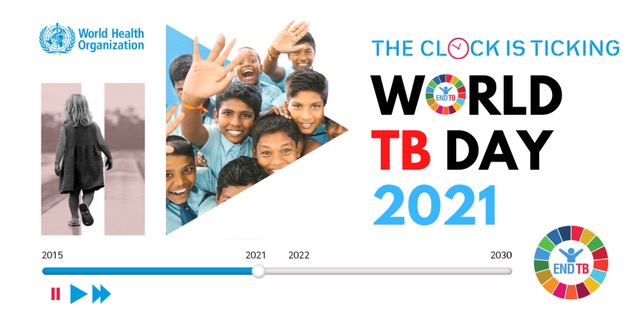Tuberculosis (TB) is a disease that rarely crosses people’s minds in high-income countries such as Canada. It’s overshadowed — especially in the media — by HIV, malaria, and other emerging infectious diseases on the rise. And lately, it’s been overshadowed by COVID-19.
Before being exposed to the topic of TB in my classes, I rarely gave a thought to what TB was. When you think about it, how could a disease that is present in all countries and is one of the top 10 causes of death be so forgotten?
Despite being preventable and curable, TB continues to affect many people around the world. In 2019 alone, over 10 million individuals developed TB and 1.4 million TB-related deaths occurred. Stigma is a huge contributing factor to the high rates of TB we are seeing.
As a determinant that impacts health, stigma is often the negative association of a person or group who share characteristics of a certain disease. It is important to note that stigma can also extend beyond the scope of health, with social stigma relating to characteristics including gender, race, sexuality, culture, socioeconomic status, and religion.
TB stigma is already a major concern globally. Research highlights the impact TB stigma has on access to services and management of the disease. At-risk individuals report the fear of TB stigma and the impact it will have on them socially and economically, affecting their willingness to undergo TB diagnosis and treatment. This has been further exacerbated during the pandemic.
COVID-19 has impacted the TB epidemic drastically, setting back years of progress towards the global goal to eliminate TB by 2035. The level of stigma associated with COVID-19 has been a problem during this pandemic. The fear and anxiety surrounding COVID-19 has led to the stigmatization of certain groups, communities, and those who exhibit similar symptoms of this new disease.
Like COVID-19, TB is an airborne disease. Both diseases present similar symptoms such as fever, cough, and difficulty breathing. “You can not cough in peace, as any cough is mistaken as COVID-19,” said an advocate from Kenya. This not only puts the fear of discrimination as a top concern to those living with TB, but also presents a challenge to an effective TB response.
“Fear has gripped our TB patients as some of the symptoms look the same as the people with COVID-19. Due to this, they don’t seek medical attention like they used to,” said an advocate from Ghana.
Essential diagnostic and treatment resources that were once used to fight the TB epidemic are being redirected towards the COVID-19 response. The plummeting global TB notification rates and increased stigma are indicating to us that fewer people with TB are seeking and receiving the care they need.
With World TB Day on March 24, the world once again puts a spotlight on the TB epidemic and stands in solidarity with those affected by TB. Monuments and landmarks are being lit up in red across Canada and around the world in support.
This year especially marks a unique World TB Day, with the World Health Organization (WHO) announcing the theme of ‘The Clock is Ticking’ to highlight that time is running out to achieve the promises to end TB. On this day, WHO calls on all countries to accelerate the End TB Strategy targets by adopting a new approach.
“What are some ways this can be done?” you may ask.
One of the ways that can be done is to make TB care more patient-centred by involving patients in the process of providing patient-friendly TB treatments. A study done in South Africa looks at the importance of patient-centred care and ways this can be improved to optimize TB care.
There also needs to be more social protection for those affected with TB during the pandemic. Governments need to understand the levels of TB stigma present to provide interventions that address TB stigma. For instance, strengthening health systems by utilizing resources such as the Stop TB Partnership’s Stigma Assessment and tailoring services to the needs of people with TB. This can have a positive influence on health-seeking behaviours and the ability to access TB services.
I hope that we can use tools like social media and advocacy to raise more awareness on TB and break down the common myths and misconceptions.



Thank you for bringing awareness not only to the prominence of TB itself but also the issues that accompany TB due to the emergence of Covid-19.
Thank you Zenith!